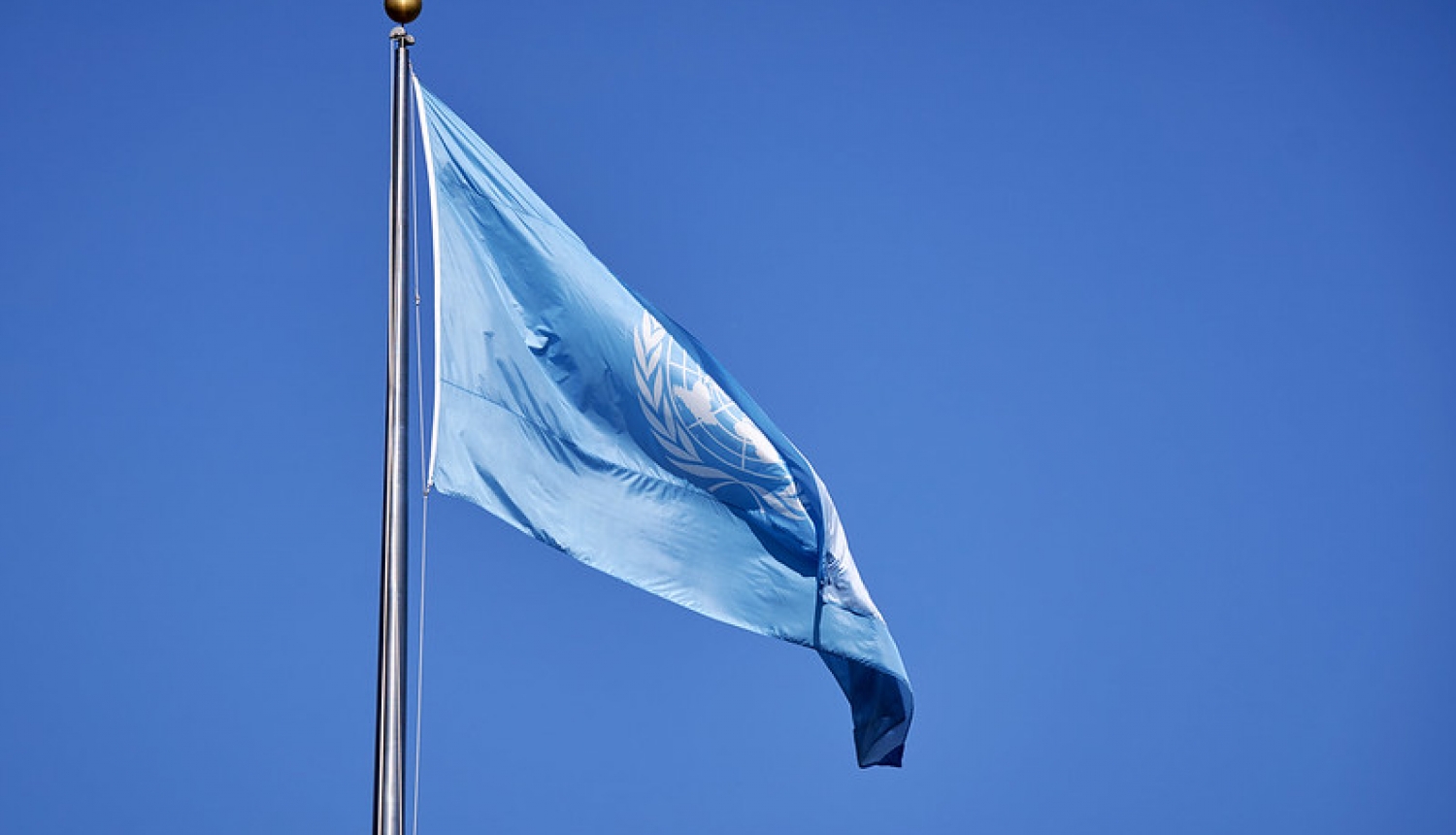The Office of the United Nations High Commissioner for Human Rights (OHCHR) has released a report detailing the impact of Russia’s war of aggression on the lives, health and well-being of children in Ukraine, and the consequences of the war, including displacement of children, family separation, and limited access to health care and education. The report examines the situation of Ukrainian children in the Russian-occupied territories of Ukraine.
! Follow the report by the UN High Commissioner for Human Rights and a discussion online, on the UN Web TV site (https://webtv.un.org/en/asset/k1u/k1ucidoox6). Approximate beginning of the discussion – at 5.05 pm EET on 28 March.
Violations of children’s rights perpetrated by Russia in the Ukrainian territory
- The Office of the High Commissioner for Human Rights (OHCHR) recorded that in the timeframe from 22 February 2022, until 31 December 2024, at least 669 children have been killed (52 of them had not reached the age of one) and 1833 wounded in Ukraine; in 86 % of the cases the injuries were the result of shelling. Casualties among children were highest in the initial months of the full-scale invasion, decreased in 2023, but increased again in 2024, when Russia intensified the use of long-range missiles and attacks with modified powerful air-dropped bombs on larger cities.
- As of December 2024, over 3.6 million people had been displaced inside Ukraine, including an estimated 737,000 children, and over 1.7 million Ukrainian children were refugees.
- By the end of 2024, hostilities had damaged or destroyed an estimated 13 percent of Ukrainian housing stock, thereby increasing housing prices and making it less accessible for displaced families. This also erodes access to affordable accommodation, food, medical care, and employment opportunities.
- OHCHR has documented at least 1614 attacks on educational facilities, which has disrupted learning for the nearly 2.2 million schoolchildren attending school in person.
- OHCHR has documented at least 774 attacks on health facilities. The hostilities, combined with the conditions in health facilities, caused stress and anxiety among pregnant women, which can negatively affect the foetus’ development. Fear of the future decreased birth rates by 30 %. The health of children with chronic diseases deteriorated, and they suffered from sleep disturbances, anxiety and depression.
Violations of children’s rights in the Ukrainian territories occupied by Russia
- Forced transfer and deportation of children is a violation of international humanitarian law. Russia provided no information about the location of the children and denied access to the occupied territory.
- The imposition of Russia’s legal and administrative systems on occupied territories is a violation of International humanitarian law (IHL). After birth, a child is given a Russian birth certificate, access to healthcare, education and a social security system on the basis of Russian citizenship, thereby discriminating against Ukrainian citizens. Upon compulsory registration of children as Russian citizens, Ukrainian children are forced to swear allegiance to the occupying power.
- In the school system, a Russian curriculum was imposed upon pupils through the use of propaganda materials and military training. The International Court of Justice held that the manner in which the Russian Federation implemented its educational system in Crimea constituted a pattern of racial discrimination.
- The use of the Ukrainian language and support of Ukrainian culture was considered a sign of disloyalty, thus depriving children of their freedom of expression and individual cultural identity.
OHCHR recommends that the international community provide further financial support and technical assistance to Ukraine, facilitate the tracing and return of deported children through diplomatic channels, support civil society and all accountability mechanisms.
In 2024, in order to continue supporting the work of UN human rights mechanisms, Latvia made a contribution of 150,000 euros to the budget of the UN Human Rights Monitoring Mission in Ukraine, and of 50,000 euros, to the budget of the Office of the UN High Commissioner for Human Rights.
The discussion with the High Commissioner will also include a statement by the EU Member States, and a statement by the Baltic states and Nordic countries (NB8), in which Latvia will also condemn Russia’s violations against Ukrainian children.
Full text of the report: https://ukraine.ohchr.org/sites/default/files/2025-03/2025-03-21%20OHCHR%20Report%20on%20Children%27s%20Rights%20in%20Ukraine.pdf
In conclusion, the UN High Commissioner provides ten recommendations to Russia, among other things, to immediately cease the use of force and withdraw its military forces from the territory of Ukraine, provide full information about Ukrainian children, halt their military training, end discrimination against Ukrainian children who have not taken Russian citizenship, restore access to education in the Ukrainian language and to Ukrainian culture, make full reparation for human rights violations, and provide OHCHR with access to occupied territory.
Published: 28.03.2025.

Photo: Gatis Rozenfelds, State Chancellery



